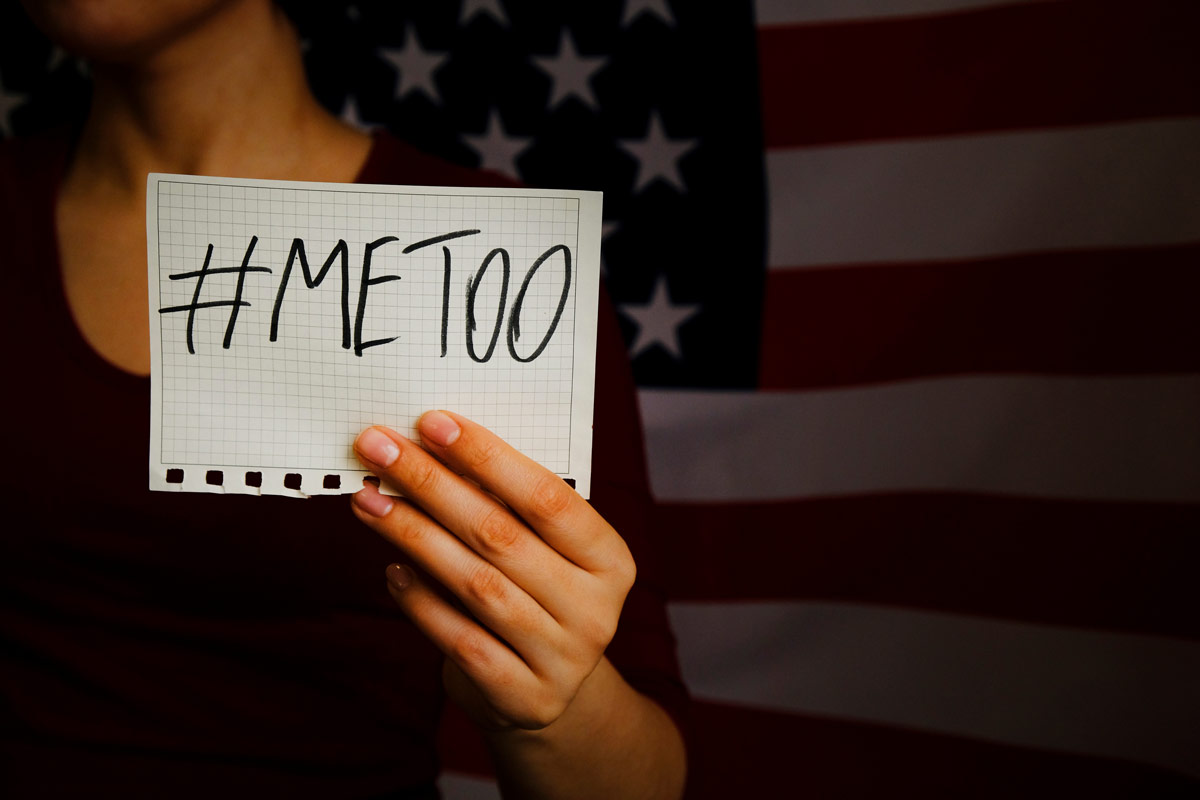The five-member New York Court of Appeals rejected Harvey Weinstein’s appeal on June 2. In the appeal, Weinstein’s attorneys accused trail judge James Burke of allowing unrelated witness testimony, showing bias in his evidentiary rulings during the trial, and also showing bias by not removing a juror who had previously written a novel about predatory older men. Coming as a win for the women whose accusations led to the charges of sexual harassment and sexual assault, the appeals court verdict also should be heartening to those who have experienced sexual violence in any form.
When in 2017 the New York Times broke the story about Weinstein’s decades-long pattern of using his power to solicit sex from women whose careers he could create or destroy, it came as a shock to the country—and brought about a sea change in the way allegations of sexual assault and sexual harassment were perceived. Despite all the evidence to the contrary (only about 5% of sexual assault allegations are ever proven false), society has historically been reluctant to believe the women who come forward. Although it hasn’t changed entirely, in the post-Weinstein world, powerful men are far more likely to be held accountable.
Threats of retribution are a hallmark of perpetrators of sexual harassment and sexual assault, but women are increasingly equipped to stand up for themselves. As statutes of limitations liberalize, and as the society generally becomes more willing to listen to a victim who calls out abuse, intimidation loses some of its power.
Even so, victims of sexual violence should consult with a knowledgeable attorney who understands both criminal and civil law procedures. That attorney can help you navigate your options for holding the perpetrator accountable—and can help you to find a path that provides the time and space to heal. Remember: like Weinstein, for most abusers the behavior is a habit, not an exception. Stopping it saves someone else from having the same experience.

